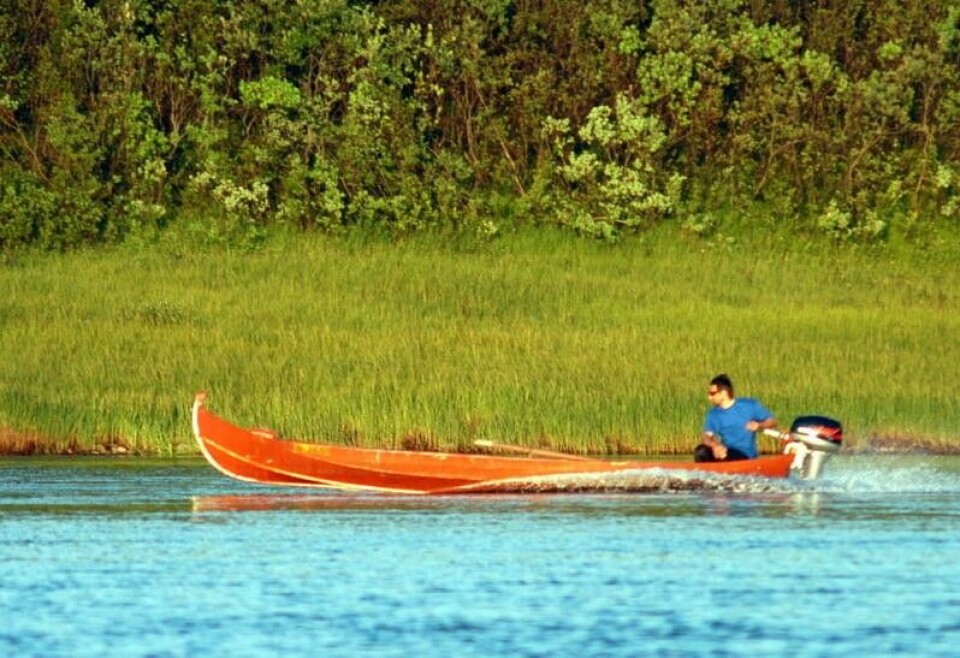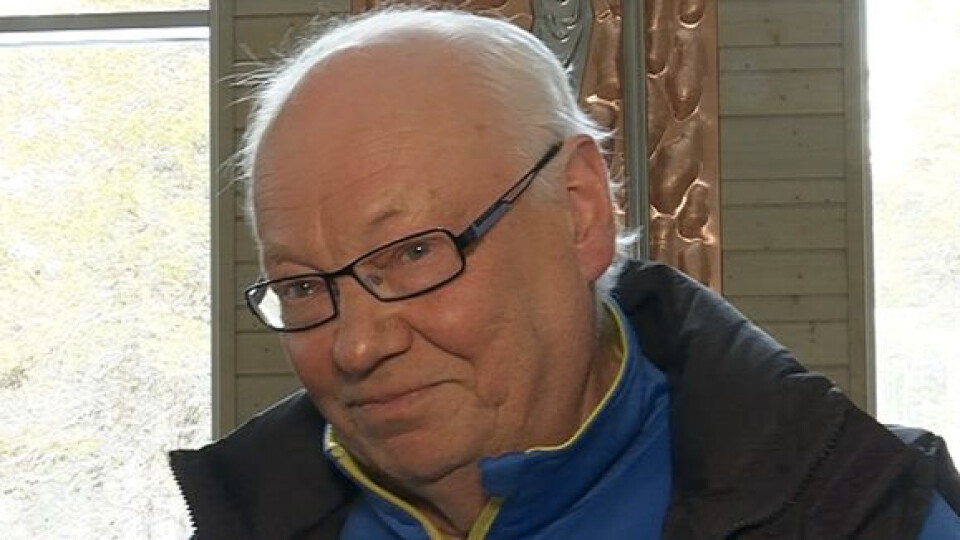
“We also get to eat salmon" – New fishing restrictions supported by people upstream the River Teno
Not every Sámi opposes the new Teno River Fishery Agreement.
p.p1 {margin: 0.0px 0.0px 9.3px 0.0px; line-height: 16.0px; font: 13.3px Arial; color: #000000; -webkit-text-stroke: #000000; background-color: #ffffff}p.p2 {margin: 0.0px 0.0px 9.3px 0.0px; line-height: 24.0px; font: 20.7px Arial; color: #000000; -webkit-text-stroke: #000000; background-color: #ffffff}span.s1 {font-kerning: none}span.s2 {font-kerning: none; color: #222222; -webkit-text-stroke: 0px #222222}span.s3 {font: 12.0px Times; font-kerning: none}
Text by p.p1 {margin: 0.0px 0.0px 0.0px 0.0px; line-height: 11.0px; font: 10.3px Arial; color: #222222; -webkit-text-stroke: #222222; background-color: #ffffff}span.s1 {font-kerning: none}Martta Alajärvi, Yle
Both local fishermen and those who run a business in the Teno Valley have unanimously opposed the new Teno River Fishery Agreement.
However, there is also support for the agreement upstream the river. According to Osmo Niittyvuopio from the village of Karigasniemi, the restrictions on fishing are good, as now salmon can also reach the upper parts of the river, the Upper Teno area.
«It seems that we’ve now got, after so many years, an agreement that also makes it possible for us to catch and eat salmon,» Niittyvuopio says.
Niittyvuopio feels that it is not right to claim that all the local people oppose the new Teno River Fishery Agreement: that is not the case.
«Sámi politicians keep repeating that all the Sámi are against the agreement. It’s not true: we who live here in the Upper Teno region don’t oppose it.»
«They can’t use so many fishing nets and other traps downstream now, so salmon manage to swim up here, too.»

Permitted to catch enough fish even now
Some Sámi have also criticized the agreement for allowing tourists to take a bigger share of the catch, while the traditional Sámi way of fishing is limited too much. However, Osmo Niittyvuopio is happy with the catch volume that is reserved for traditional fishing in the agreement.
«I’m not sure whether everyone needs to be able to fish, but we who live here are, of course, allowed to fish now,» Niittyvuopio says.
«So I think it’s a good agreement.»
This story is originally posted at Yle Sapmi and re-published as part of Eyes on Barents, a collaborative partnership between news organizations and bloggers in the Barents region.















